Since U.S. President Donald Trump returned to office in January and launched a new effort to reach peace between Russia and Ukraine, turning American foreign policy upside down, Europe has been hit with a clear message: the age of the U.S. as a guarantor of European security is over.
Lithuania, which faces its own very immediate security threat from Russia’s appetite for conquest in Europe together with the degradation of confidence in NATO’s Article 5, has taken the lead in pushing for a stronger European defense posture, committing to raise defense spending to 5-6% of GDP.
Back in January, when most European countries were still hesitant to speak up on the possibility of bringing “boots on the ground” into Ukraine to deter further Russian aggression, Lithuanian Foreign Minister Kestutis Budrys named the physical presence of European troops inside as a key component of a sustainable peace.
Since then, plans have moved forward, with European and other partners of Ukraine gathering in Paris and London for meetings of the new “Coalition of the Willing,” where a new vision for securing a peace for the future is being developed.
Despite the new unity and energy brought to Europe by Trump’s apparent alignment with Russia’s geopolitical worldview, tension remains within the coalition about how that peace could possibly come about.
The Kyiv Independent spoke to Budrys in a short interview on the sidelines of the Ukraine2EU conference in Kyiv on April 1.
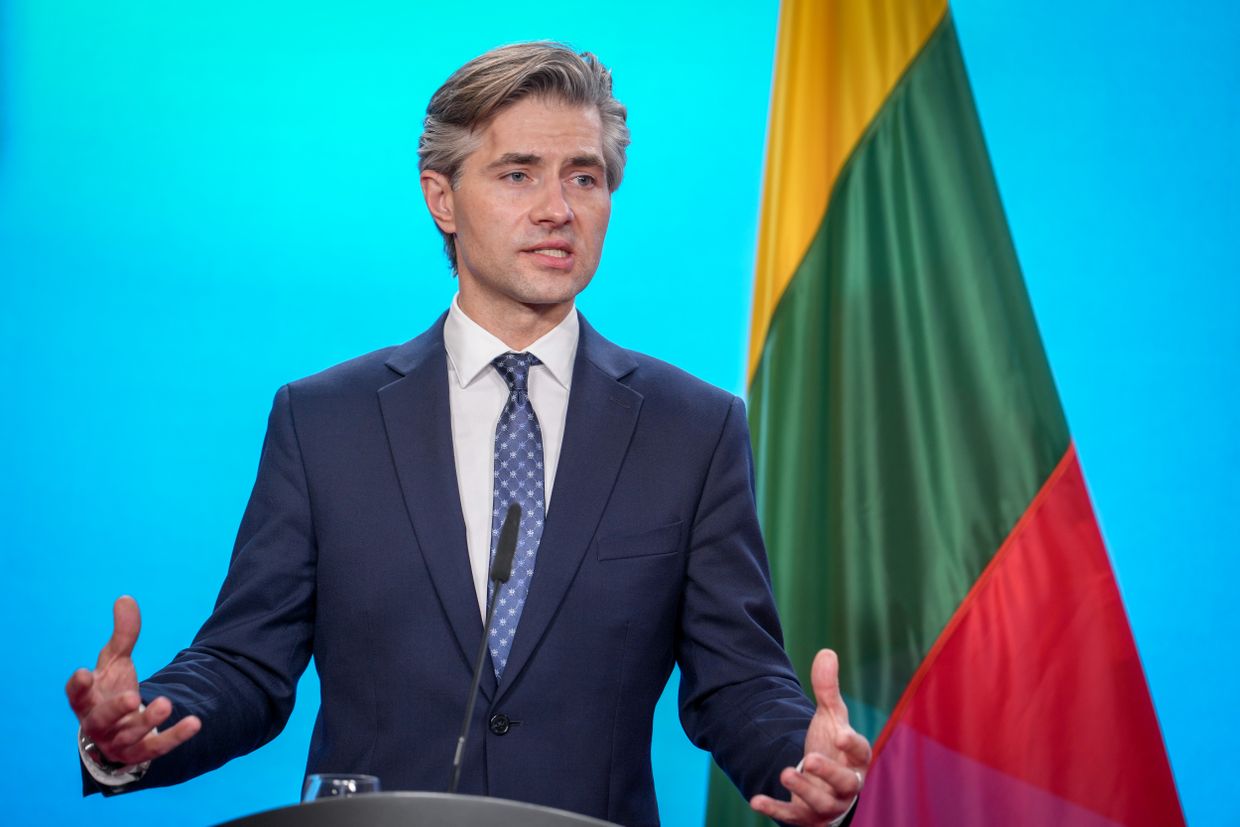
Editor’s note: The interview has been edited for language and clarity.
The Kyiv Independent: Lithuania, since the full-scale invasion, has had one of the most clear voices in the European community about what needs to be done to support Ukraine. How do you see the events of the last month or two, and do you think there is any chance for a ceasefire at the moment?
Kestutis Budrys: We know that everything depends on Russia's decisions and on U.S. instruments being used for them to make the right decisions, for Russia to make the right decisions. We haven't seen in history that Russia, without the right kind of pressure, would agree on anything, or that they would step back from demands that were initially put on the table. We saw the Russian demands back in 2021, or even before that, when the war started in 2014.
I have no reason to believe that it will change, that they will change their demands, except if the U.S. uses their instruments, diplomatic ones that we've already seen, but also hard instruments and hard pressure against Russia. We will see how it will work. I do not exclude the element of surprise, that Russia will surprise us with something nice.
"We are pressed in time and we are pressed in the demand, and Europe needs to do more now, because we cannot rely [...] on American capabilities."
But more likely, they will just play the time and play both sides and just try to push it further and further and increase the demands while intensifying their activities on the battlefield. That's what we've seen previously. To cut this trend off, to stop this scenario, we have to show and introduce the hard measures sooner rather than later.
We have to use deadlines in this process, just not to allow Russia to play with us until summer and beyond. We have to be very serious about our commitment for the future of Ukraine, to show that Ukraine will be on our, not only radar, but in our efforts to achieve security in Europe for the long term. This is Lithuania's position.
We committed for 10 years to support Ukraine, we committed to assist in the accession to the EU process, as we already did, and support Ukraine politically and economically. This is not only generosity, this is in our interest – because this is how we see the geopolitical future of Europe.
Have things changed? Yes. Now, we are pressed in time and we are pressed in the demand, and Europe needs to do more now, because we cannot rely, as the U.S. administration is showing us, so much on American capabilities. We have to move forward with a different pace and different planning.
The Kyiv Independent: You mentioned the need and the hope for some kind of hard pressure from the U.S. to make Russia stop, which is required for peace. But in several months of negotiation, we haven't seen that. Do you think Lithuania and the European community as a whole are still holding out for that to change?
Kestutis Budrys: Sixteen packages of sanctions are in place, and we are ready to introduce the new ones. It shows that we have instruments that are working.
Russia wants the sanctions to be relieved. It's the argument and the proof that they are effective and that they are working. And there are still other sectors that are not sanctioned yet. We can and should expand it to LNG, there are also nuclear energy, and financial institutions that are still connected to SWIFT.
"We are ready to contribute, and this will be part of our contribution to a long-lasting peace."
We have the instruments and we can use them. Whether we will or not depends on many sides. But the EU, and other European nations have the agency here. So we are not just sitting aside and watching what's happening and wondering.
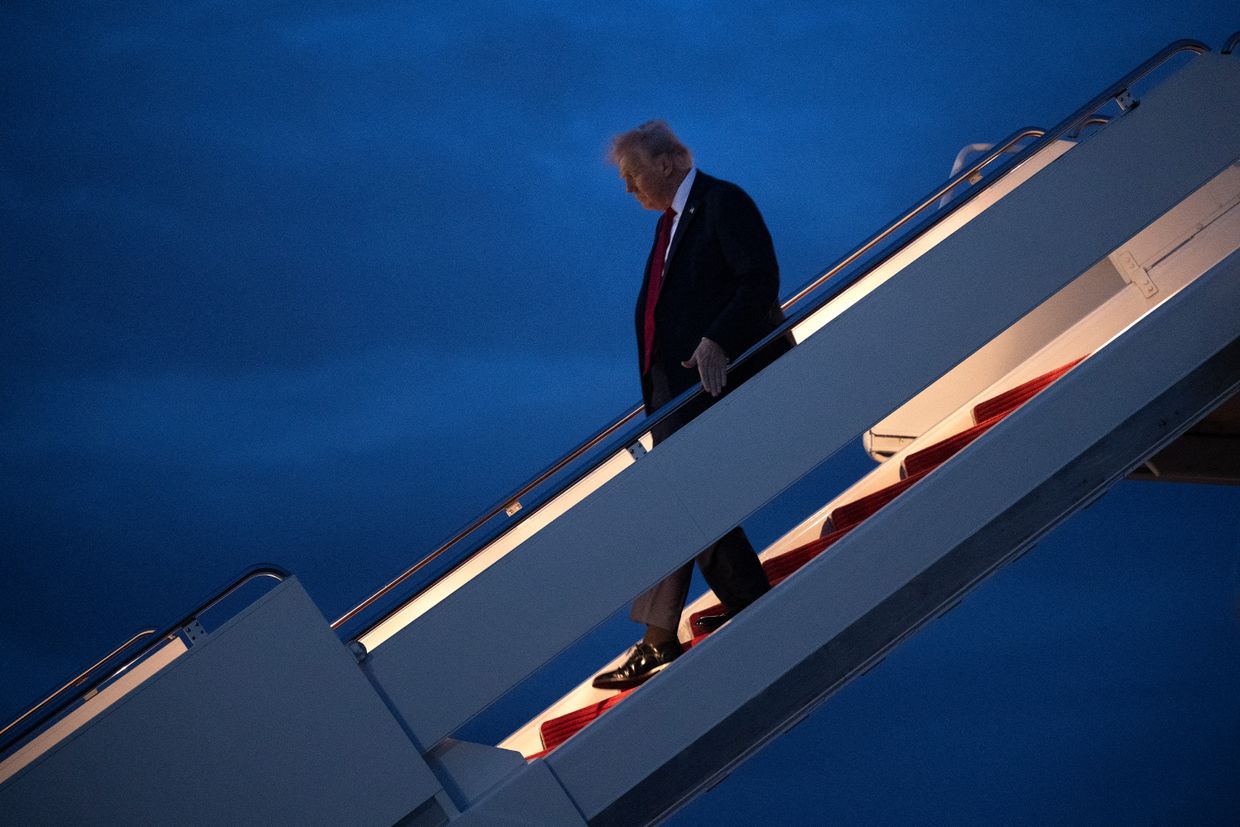
The Kyiv Independent: You said back in January that you saw a European presence inside Ukraine as a key pillar of a sustainable peace. Since then, the discussions have moved a lot further forward, and they've come out into the open. We're now talking about a “Coalition of the Willing.” How would you like to see that look in practice?
Kestutis Budrys: We are ready to contribute, and this will be part of our contribution to a long-lasting peace. That will be part of our security guarantees for Ukraine next to EU membership assistance, next to financial and military assistance, to be present there and assist Ukraine’s Armed Forces; this is the most effective tool to deter Russians in the future. Of course, the very modalities and how this design will look depend on further operational planning and on the needs of Ukraine.
Now we are talking about different dimensions. We're talking naval, air, and land. And of course, we talk about different forms of backstopping and support from other nations, the U.S. included. Let's see where it will develop, but I see it as a strong additional instrument and foundation for Ukraine in the future.
The Kyiv Independent: But from inside Ukraine, it seems that there's this paradox because the talk of boots on the ground is about reassurance, “backstopping,” enforcing a ceasefire. But is there planning for what can be done if that ceasefire never comes?
Kestutis Budrys: We have to work for it. There are other phases and we will be able to assess the overall process only when we have the very final agreement and can see what it looks like. The criteria for this assessment will be whether we believe that it is long-lasting for Ukraine. This also depends on Ukraine in the future, and what the commitment will be there to continue defending yourself. We are ready to assist in doing this.
Of course, we all want peace and we all know where the answer is. That is Putin who doesn't want peace. He wants you to be subjugated and he wants European security to be destroyed. For us, we need to continue to do what we are doing right now. This is the right thing to do.
Join our community
Support independent journalism in Ukraine. Join us in this fight.
Support us
.png)
 German (DE)
German (DE)  English (US)
English (US)  Spanish (ES)
Spanish (ES)  French (FR)
French (FR)  Hindi (IN)
Hindi (IN)  Italian (IT)
Italian (IT)  Russian (RU)
Russian (RU)  20 hours ago
2
20 hours ago
2
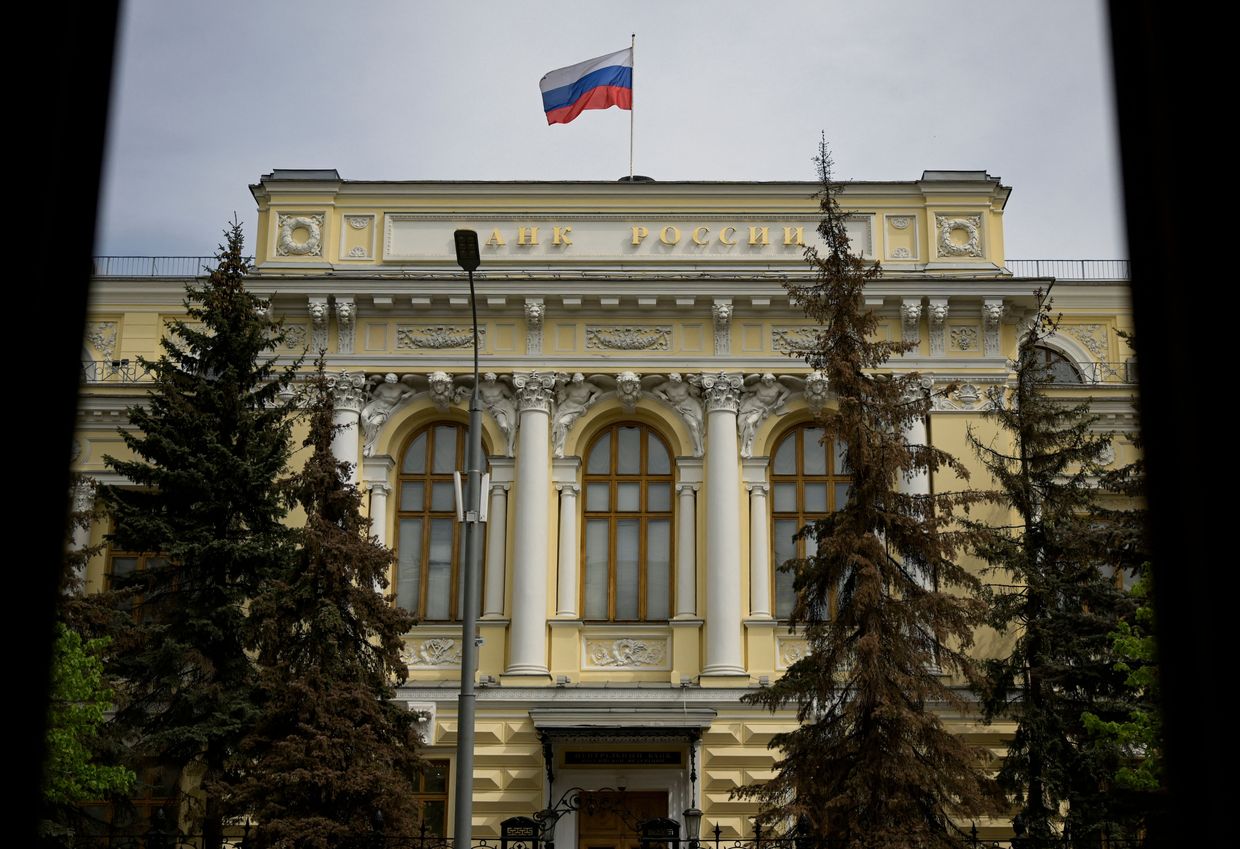
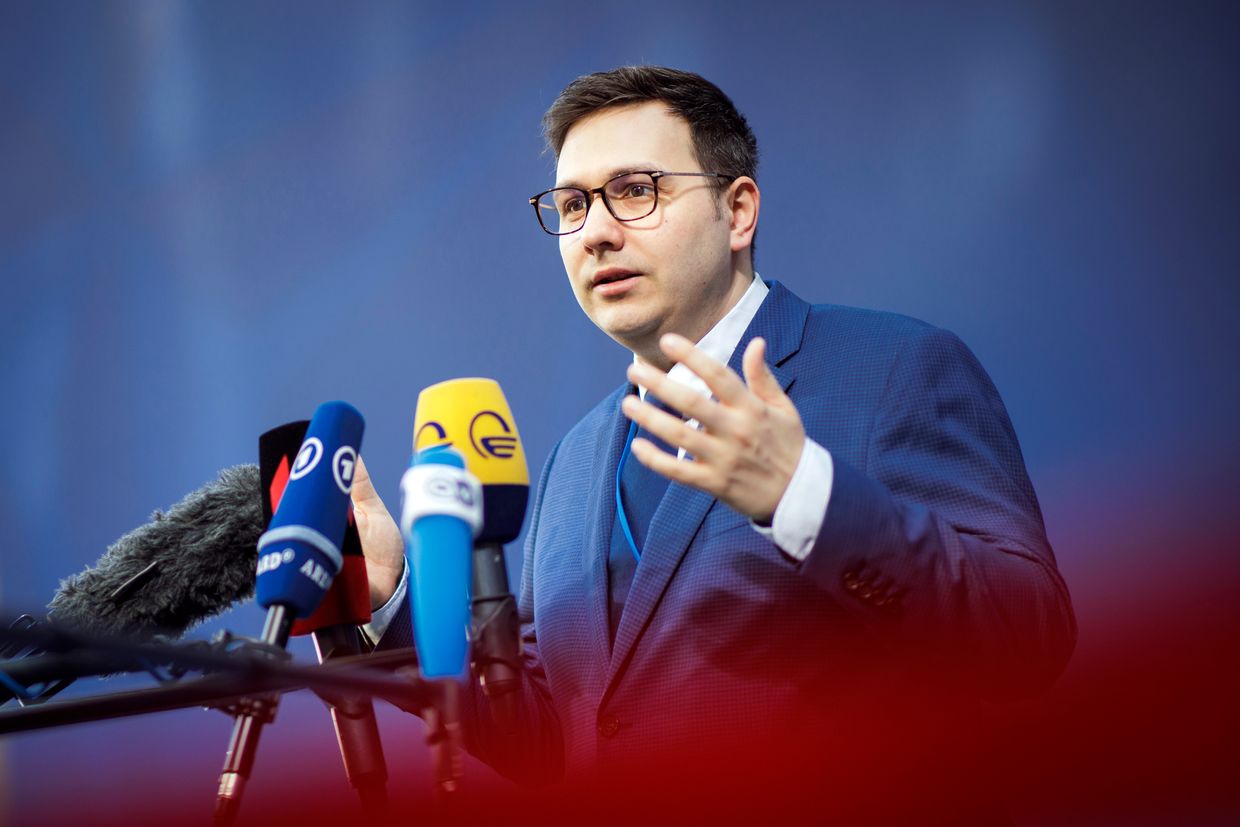
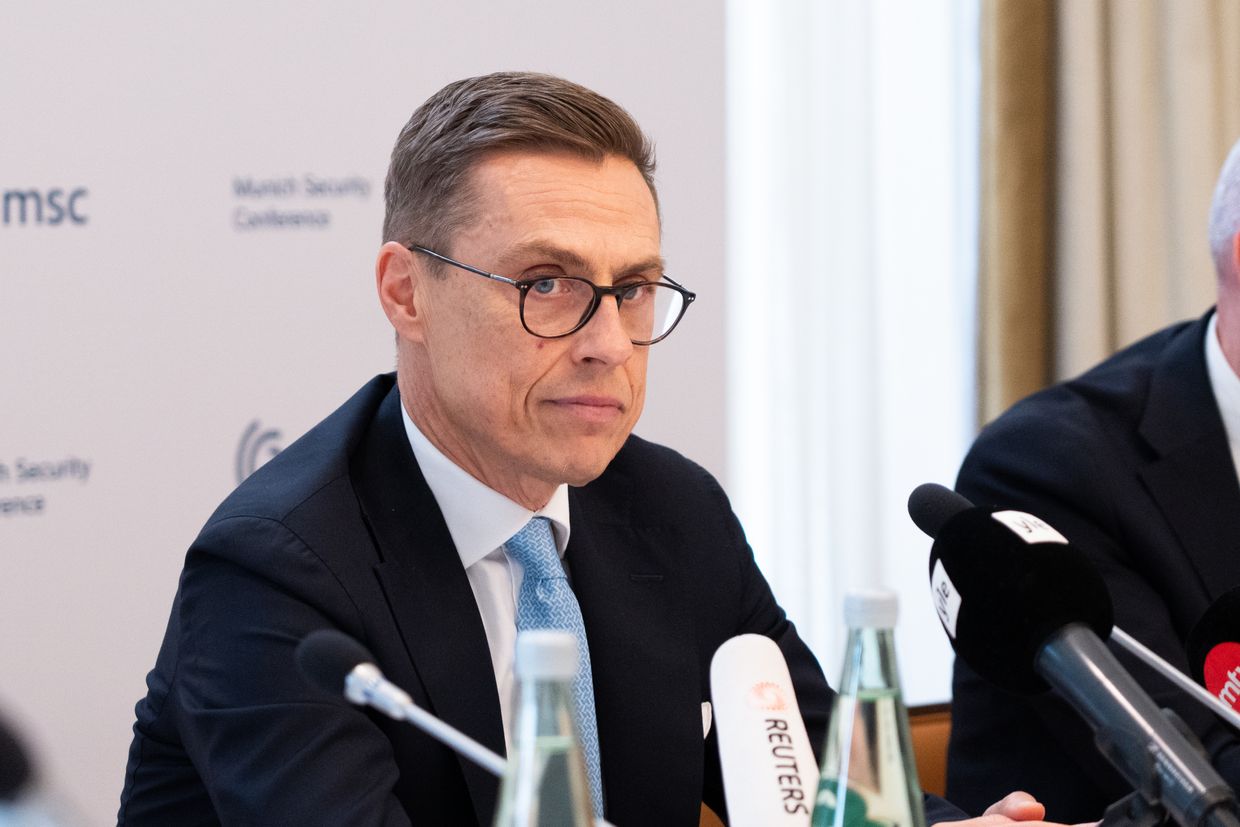
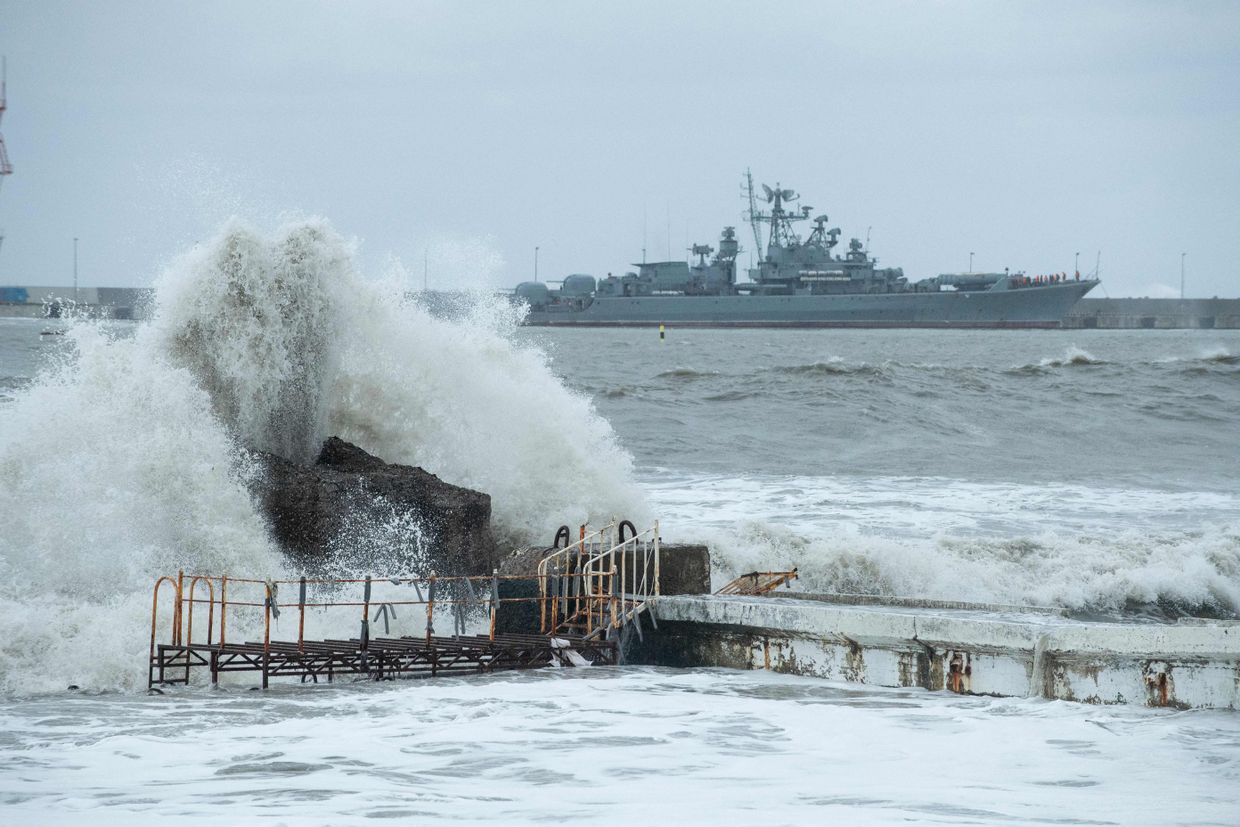

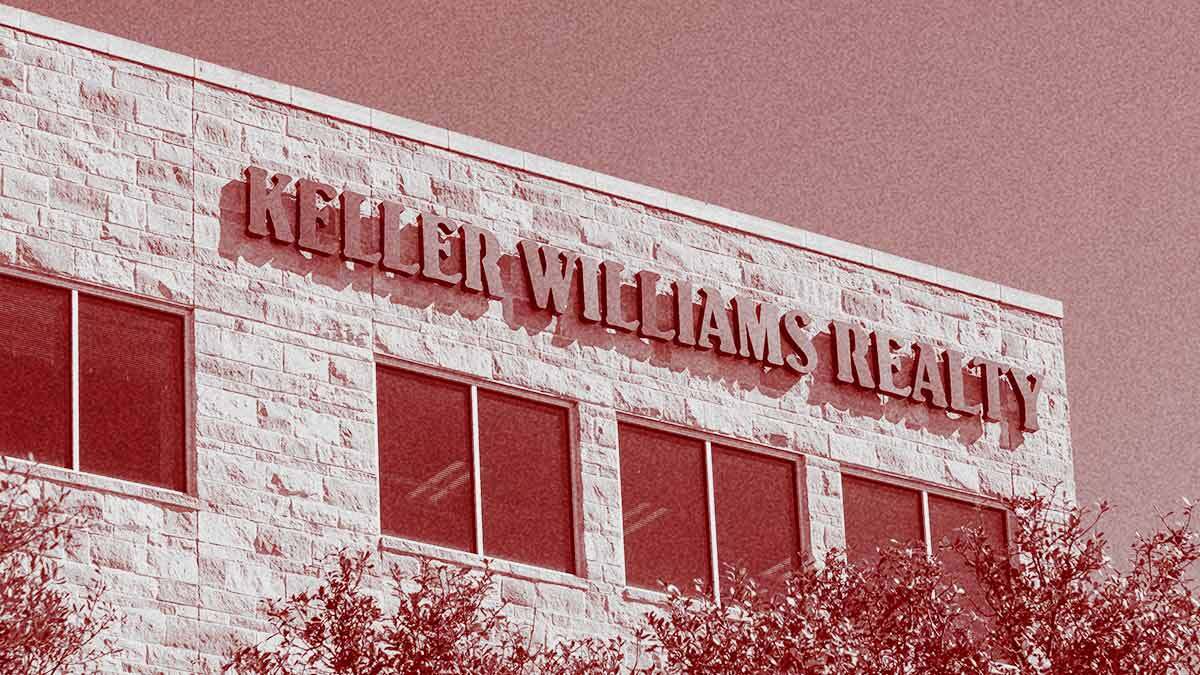
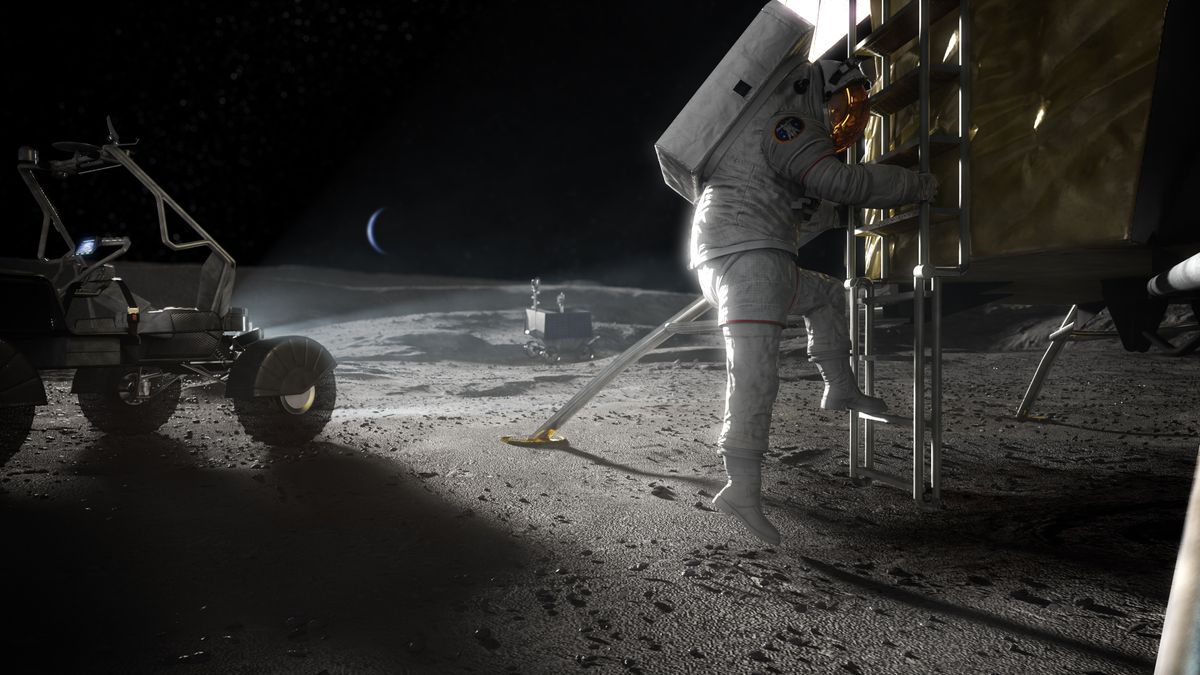


Comments